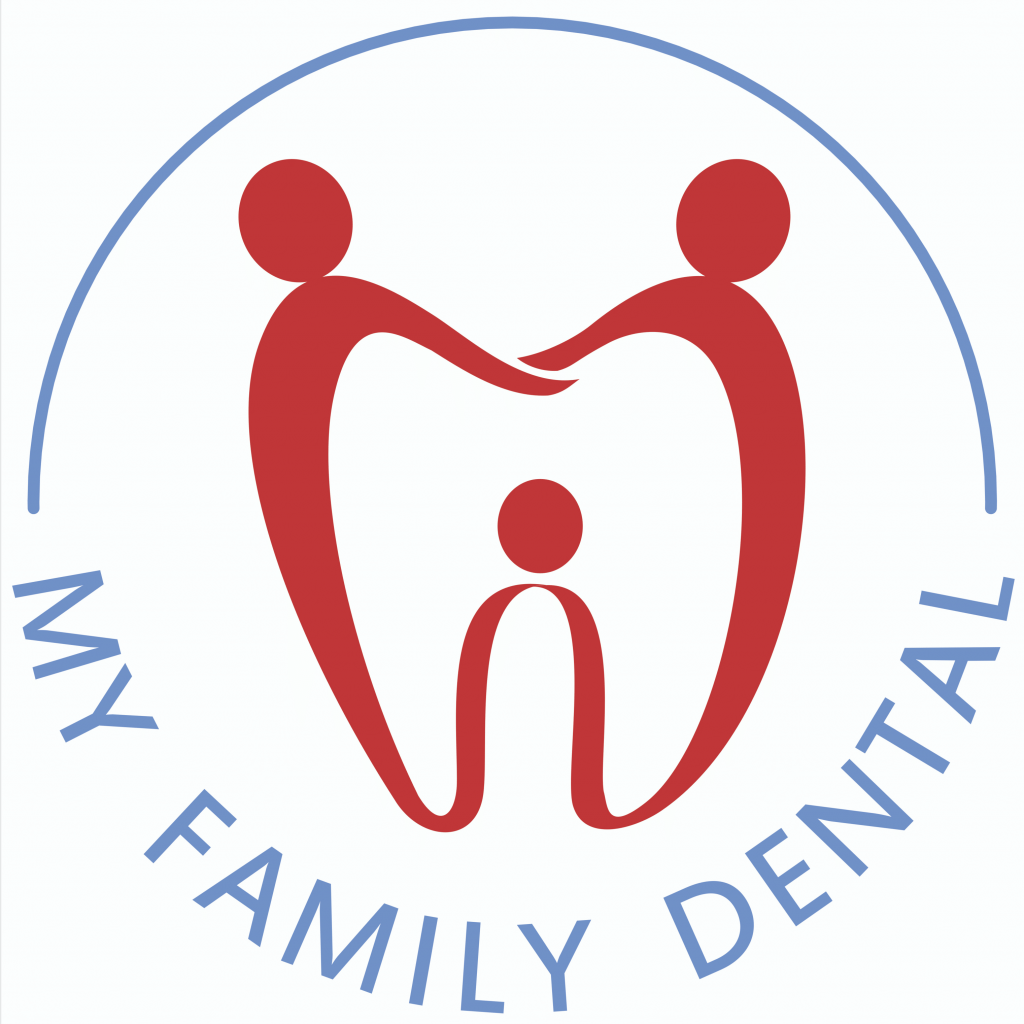A dental bridge is a prosthetic device that replaces one or more missing teeth. It typically comprises a false tooth and two crowns, which are placed on either side of the gap to support the false tooth.
This article will explain how bridges can be maintained to maximise their lifespan, including regular check-ups, brushing and flossing techniques, avoiding certain habits, eating the right foods, and seeking professional advice.
To maintain the longevity of bridges, it is important to understand the different types available and the factors that can affect their durability.
Regular dental check-ups are essential for detecting any early signs of damage or wear so that they can be addressed in time. Good brushing and flossing techniques should help keep gums healthy and reduce plaque build-up around the bridge.
Other lifestyle choices, such as smoking or chewing hard foods, should also be avoided as these can cause further damage to bridges over time. A balanced diet helps ensure adequate nutrition for strong teeth and gums, which further helps preserve bridges.
Finally, seeking advice from dentists who specialise in bridgework ensures that any questions or concerns you may have are addressed effectively by a qualified professional.
Understanding Dental Bridges
A dental bridge is a restoration used to replace missing teeth, and this section explores the fundamentals of the procedure.
A dental bridge is a dental restoration that uses one or more artificial tooth pieces and two crowns to fill in the gaps between natural teeth.
Dental bridges are highly customizable and can be made from gold alloys, porcelain-fused-to-metal (PFM), or ceramic materials. The materials used for the bridge depend on its location in the mouth and the severity of the bite force.
Dental bridges may also require a dental implant to secure them if they replace multiple teeth or are located at the back of your mouth.
Furthermore, bridges can be secured with metal clasps that attach to existing teeth and other adhesive methods, such as resin cementation.
In addition, when considering a dental bridge procedure, it is important to understand its cost and potential failure rate over time due to wear and tear or gum disease.
Finally, although dental bridges provide many benefits, including restoring chewing function and improving aesthetics, regular checkups are essential for maintaining proper oral health and monitoring any changes in the condition of your bridge over time.
With regular visits and adequate oral care practices, such as brushing twice daily for two minutes each session with fluoride toothpaste and flossing daily, you can maximize your results by keeping your dental restorations healthy for years.
Moving forward into our next section about regular dental check-ups will help ensure optimal longevity for any existing dental bridges you may have installed already.
Regular Dental Check-Ups
Through regular check-ups, an exponential improvement in the longevity of dental bridges can be achieved. Regular visits to a dentist are essential for the maintenance and care of dental bridges:
- Ensure proper oral hygiene is being maintained
- Monitor the fitting of the dental bridge and its condition
- Detect any signs or symptoms of infection or decay
Regular dental visits ensure proper measures are taken to prevent damage to the bridge and underlying teeth and maintain good oral health.
During a visit, dentists will assess the fit of the bridge and evaluate any potential associated risks. They may also use X-rays to detect issues that would otherwise be undetectable during a visual examination.
Additionally, they help patients understand how to properly care for their bridges through increased knowledge about necessary brushing and flossing techniques. This helps keep bacteria from building up around bridges which could lead to gum disease or cavities forming on surrounding teeth.
By regularly visiting their dentist for check-ups, patients can protect their investment in a dental bridge procedure by ensuring its placement is secure and free from decay or other problems.
Furthermore, regular visits enable individuals to practice good oral hygiene habits while receiving advice from an experienced professional who can help them maximize the life span of their dental bridge.
With this combination of preventive measures, patients can rest assured that their smiles will remain healthy and beautiful for years.
Brushing and Flossing Techniques
Practising proper brushing and flossing techniques is essential for maintaining the longevity of dental bridges. To ensure that a bridge lasts, it is important to clean and care for the real teeth, adjacent teeth, and replacement teeth. This will help prevent tooth decay from developing around the bridge or on any remaining natural teeth.
When cleaning a dental bridge, an interdental brush should reach between all the spaces to remove any trapped food particles or plaque build-up. A denture-soaking solution can also be used to soak the bridge overnight once weekly to help keep it clean.
It is also important to use a soft-bristled denture brush when brushing a dental bridge; this will avoid damage that may occur with harder bristles. While brushing, great attention should be given to ensuring that all surfaces are cleaned thoroughly – including under and around the false tooth – as bacteria can pose risks for gum infections and enamel erosion if left unattended.
Additionally, flossing should be regular and thorough around each side of every false tooth, as well as between any natural teeth next to one another where there is no missing tooth between them.
Good oral hygiene practices such as these can help extend the life of a dental bridge while avoiding certain habits (e.g., chewing hard foods) can further protect its durability over time.
Avoiding Certain Habits
Protecting a bridge’s durability involves avoiding habits that can put it at risk. From sticky foods to certain types of bridges, proper care must be taken when wearing a permanent or temporary bridge.
It is important for those with false teeth to:
- Avoid sticky foods such as candy, caramel, and chewing gum;
- Refrain from using cantilever bridges;
- Not use porcelain framework when replacing teeth; and
- Take extra care of abutment teeth that support the bridge.
These habits can cause damage to the bridge, leading to costly repairs or replacement in the future if not avoided properly. Therefore, knowledge and understanding of the habits one should avoid are essential for proper care and maintenance of dental bridges so they can last longer without needing any replacements soon after installation.
With this knowledge, individuals with false teeth can ensure their bridges stay strong and healthy by avoiding these harmful habits while maintaining proper oral hygiene practices daily and visiting their dentist regularly for check-ups and cleaning sessions.
Eating the Right Foods
Consuming the right foods can help ensure dental bridges remain strong and healthy.
Eating foods with a softer consistency is often advisable as hard food debris can become lodged between the teeth, leading to an increased risk of decay.
Soft fruits such as bananas or peaches are a good option, while some favourite comfort foods such as mashed potatoes, macaroni and cheese, and oatmeal make great choices too.
For those who want to save time when preparing meals, soft soups or stews can provide the same benefit without spending extra time cooking.
In addition to softer food options, avoiding collecting food particles between teeth is important to maintain proper oral hygiene habits.
Brushing twice daily and flossing daily help remove any built-up food residue from collection spaces along the bridge.
This will also reduce any chance of gum inflammation or other periodontal issues that could weaken the bridge over time if left untreated.
It is, therefore, essential for people with dental bridges to consider both their short-term eating habits and their long-term oral hygiene routine when considering how best to prolong their bridgework’s life expectancy.
With mindful eating practices and regular maintenance of one’s oral health, individuals can keep their bridges functioning optimally for years down the line.
Seeking Professional Advice
By seeking professional advice, one can ensure that their bridgework remains in optimal condition for the long term. This means consulting with a dentist periodically to receive advice on maintaining the bridge and other treatment options.
Professional cleanings can help keep natural teeth healthy and free of plaque. A metal framework is typically used for bridges, with porcelain wings forming replacement teeth or plastic teeth for removable bridges. It is important to know what kind of bridge you have so that it can be adequately cared for; some require special care, such as soaking solutions for dentures or avoiding certain foods.
For those who have lost a tooth due to decay, trauma or disease, a dental bridge may be the best treatment option to restore the appearance and function of your mouth. During the bridge procedure, an artificial tooth replaces the missing tooth by being held in place by adjacent crowns attached to neighbouring teeth.
Placing a dental bridge requires expertise from both the patient and the dentist; regular check-ups are recommended after placement to identify any potential problems early on and ensure the proper functioning of the bridge.
Every person’s oral health needs vary based on individual circumstances; therefore, it is important to seek professional advice when determining which type of dental bridgework will provide optimal results over time. Regular visits with your dentist can help protect your oral health by ensuring that any existing bridgework remains well maintained and effective at restoring smile aesthetics and comfortability while chewing food.
Key Takeaways
Dental bridges are a great way to replace missing teeth. However, taking the necessary steps to ensure they last as long as possible is important.
Regular dental check-ups, proper brushing and flossing techniques, avoiding certain habits, eating the right foods and seeking professional advice can all help to extend the life of dental bridges.
Studies have shown that dental bridges can last up to 15 years or more with proper care and maintenance! Taking appropriate measures now will allow you to enjoy your dental bridge for many years.
To replace missing teeth with a dental bridge, visit My Family Dental for the best care and advice. Our dentists are dedicated to helping you get the most out of your dental bridge and ensuring it lasts many years. Schedule an appointment today and get started on your journey to a healthier, more beautiful smile!
My Family Dental has dental clinics in Emerald, Bowen, Innisfail, Townsville, Ingham, and Bohle Plains for your convenience.



